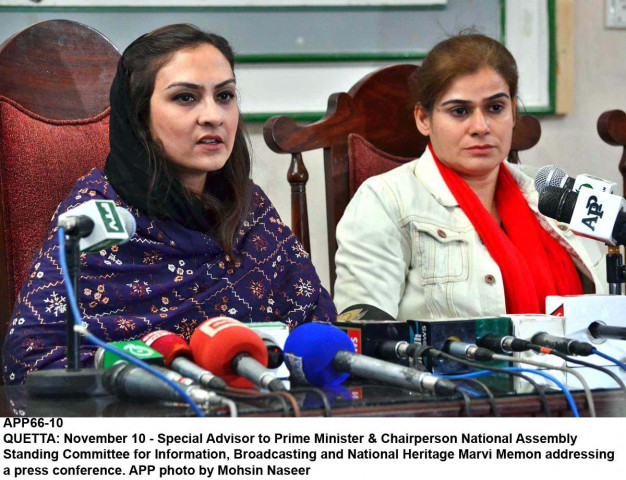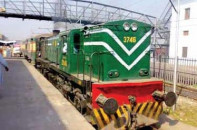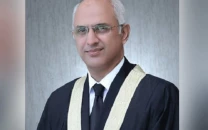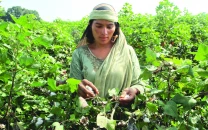Marvi Memon hints at BISP, RSPN partnership
Programmes to join hands to maximise impact through community-driven development projects

Programmes to join hands to maximise impact through community-driven development projects. PHOTO: APP
The two-day strategic retreat was attended by the members of community institutions, donor agencies, representatives of the federal and provincial governments, and development experts. On the second day, discussions were held with existing and new partners along with other supporters to review key strategic aspects of the RSPs’ programmes focusing on poverty alleviation.
Memon said that as many as 5.4 million women draw benefit from BISP and receive a quarterly stipend as a part of social safety net. While the BISP focussed on poverty management, Memon acknowledged that RSPs was focused on poverty alleviation. “I have seen the successes of community-driven development approach of RSPs, and we want to work together to replicate this approach to alleviate poverty.
Since RSPN and RSPs have a proven model and both RSPs and BISP work across Pakistan, we can form a partnership to maximise the impact on people’s lives,” she suggested. EU’s Ambassador Jean- François Cautain said that the European Union has witnessed the quality and impact of RSPs work in rural poor communities across Pakistan. This is why, he said, the RSPs are the second largest recipients of EU funds in Pakistan. He said that the key objective of EU’s support to the RSPs was to contribute to poverty alleviation and support democracy. “We value our work in Pakistan and particularly focus on strengthening propoor policies and bottom-up approach,” Cautain said.
He also welcomed the partnership between BISP and RSPs, noting that a joint national-level programme would certainly address poverty and ensure sustainability of development work. RSPN Chief Executive Officer Shandana Khan gave an overview of RSPN and RSPs. She said that RSPN consists of a network of ten RSPs and the Institute of Rural Management, a training institute.
To combat poverty and bring change, she said that it was important to foster and support institutions built by people or community organisations (COs), village organisation (VOs), which are fostered at the union council level into local support organisations (LSOs), which work with flexibility as a social pillar while supplementing and complementing the political and administrative pillars. Shandana further said that RSPs provide social guidance as well as technical and financial assistance to the poor through three-tiered social mobilisation approach to community-driven development (CDD).
In this regard, she said that RSPs currently work with over 43.2 million people organised into 397,076 community institutions in over 125 districts including the Federally Administered Tribal Areas (FATA) and Gilgit-Baltistan. Marco Indelicato, Programme Manager for Lighting Pakistan and Afghanistan initiative of the International Finance Corporation - a subsidiary of World Bank – had on the first day offered to support rural support programmes in Pakistan under its US$300 million ‘Light Pakistan’ initiative which aims to provide electricity through unconventional means in areas not connected to the national grid.
Published in The Express Tribune, May 22nd, 2017.



















COMMENTS
Comments are moderated and generally will be posted if they are on-topic and not abusive.
For more information, please see our Comments FAQ